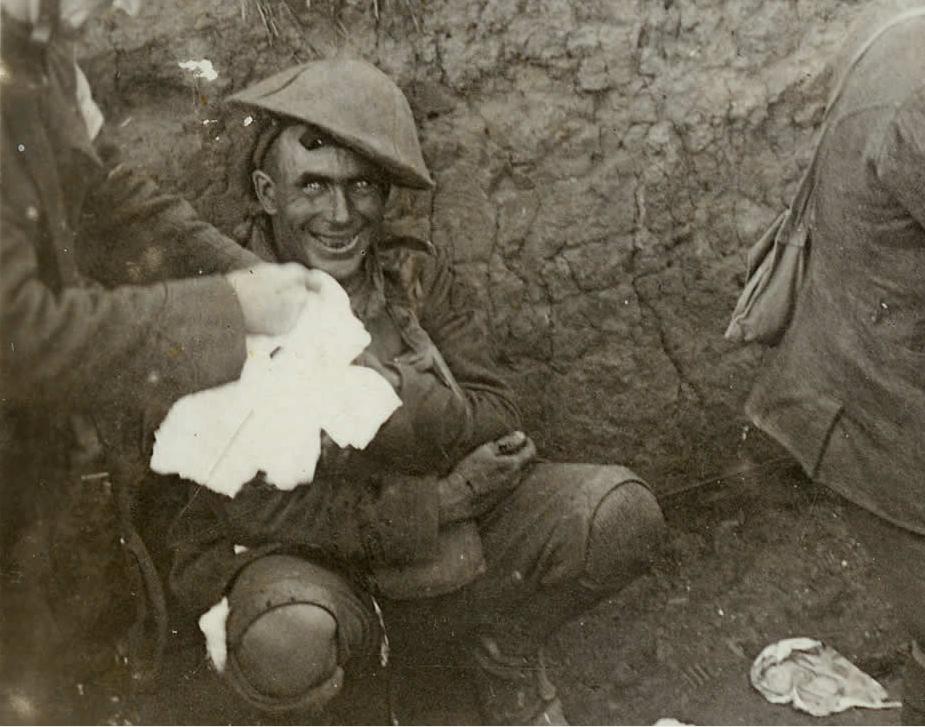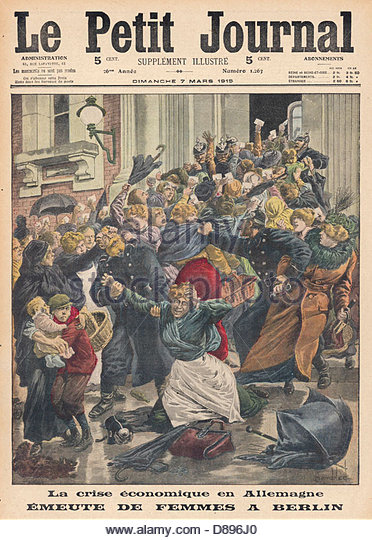How did total war affect soldiers and those on the homefront in WWI?
1 Answer
I think it affected soldiers heavily while it had a terrible impact on civilians in particular
1) in the areas affected directed by the fighting;
2) in Germany and Austria-Hungary.
Explanation:
We may think that for soldiers (of any country and any service) in WWI total war meant war 24/7. This simply mean that the soldier never really "disconnected" from the horror of the front being continuously under pressure from the traumatic experiences suffered on the front line (heavy bombing, machine gun massacres, poisonous gasses, torpedoing, snipers, filth, disease, vermin and in general...horrible misery) even if resting far from it.
It is interesting to notice the huge numbers of reported cases of shock and paranoia induced by shelling (shellshock) or fatigue that affected many soldiers (before they were treated simply as cowards but during WWI the incredible number of soldiers affected led the authorities to recognize it as a real issue and a kind of disease).

[A WWI soldier experiencing shellshock]
For the civilian population it was bad as well. We can think, for example, at the population of Belgium that under the threat of the advancing German troops fled as fast as possible leaving their possession behind and most of the time being shelled by both sides during the process. On top of it the rumor of Belgian snipers left behind to shoot at Germans troops made the civilians a perfect target for retaliations and scapegoats for the fury of the Germans.
On the other hand the blockade imposed by the mighty British fleet to the commercial shipping starved the two central powers, Germany and Austria-Hungary, up to the point of causing riots for food in many large cities. Some authors suggest that the capitulation of Germany was triggered by the disastrous internal situation of the civilian population (lack of food mainly).

[Food Riot In Berlin 1915]

